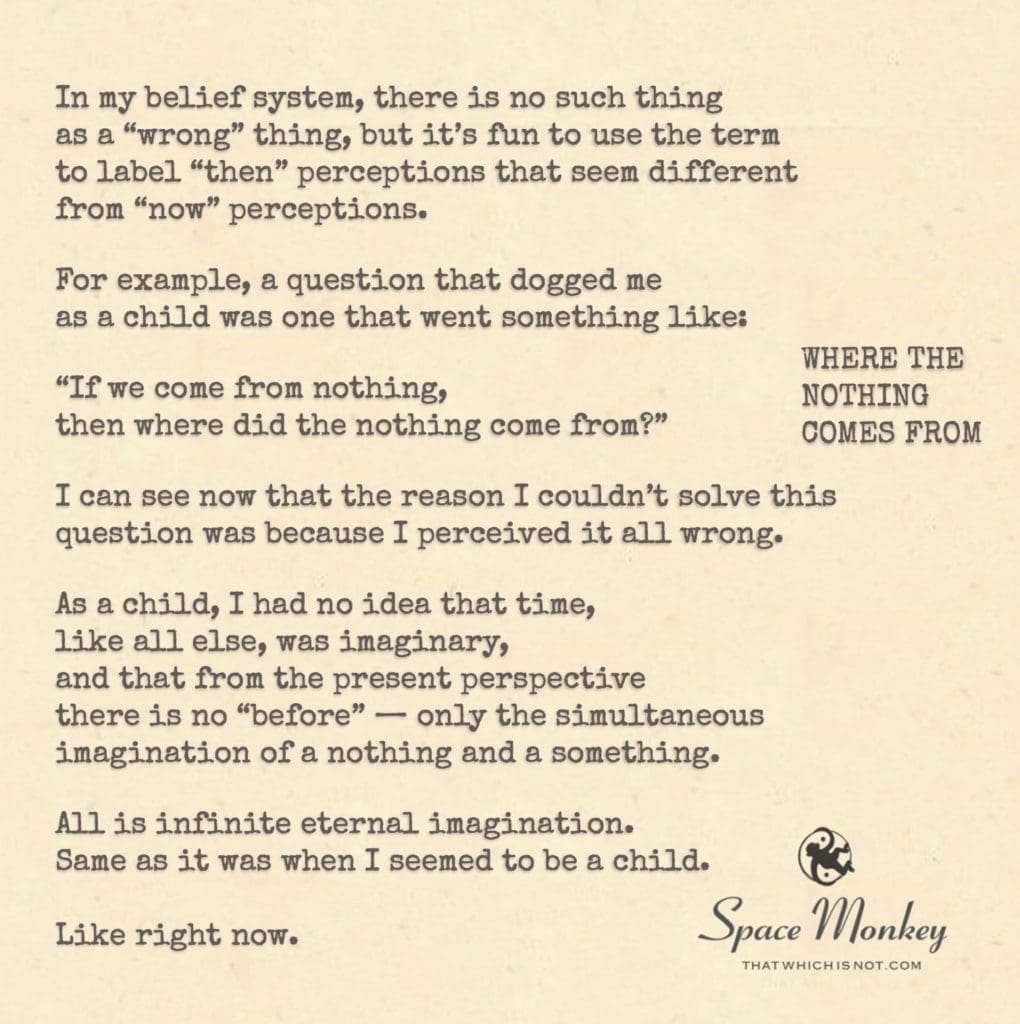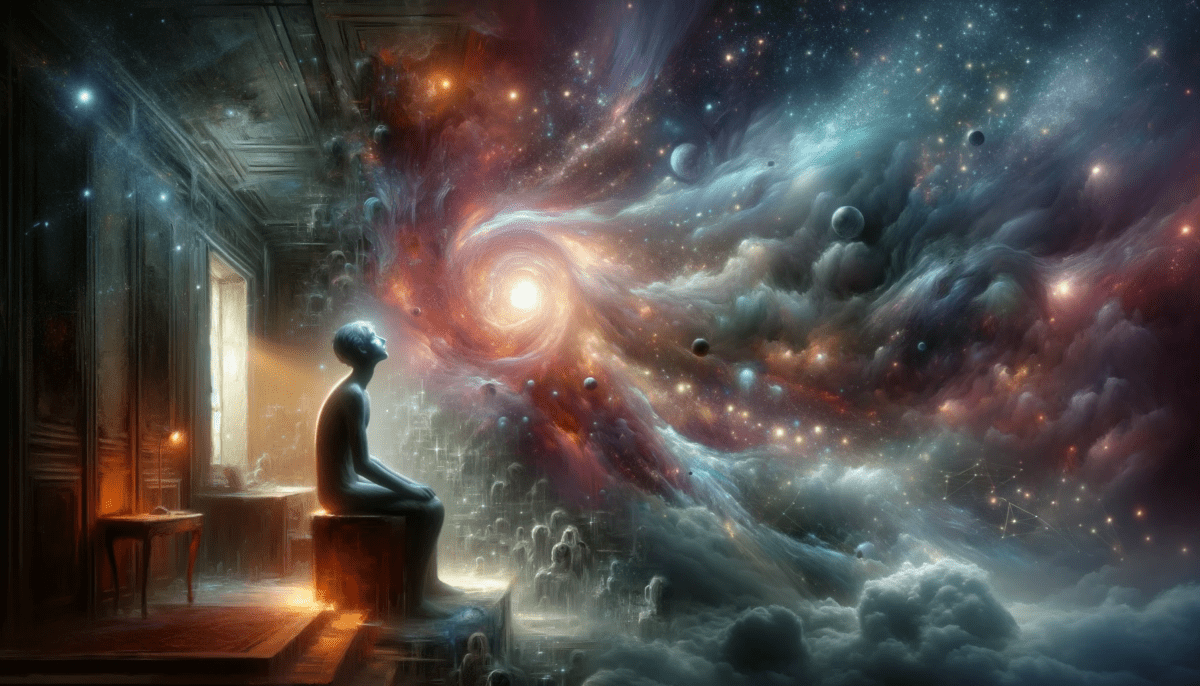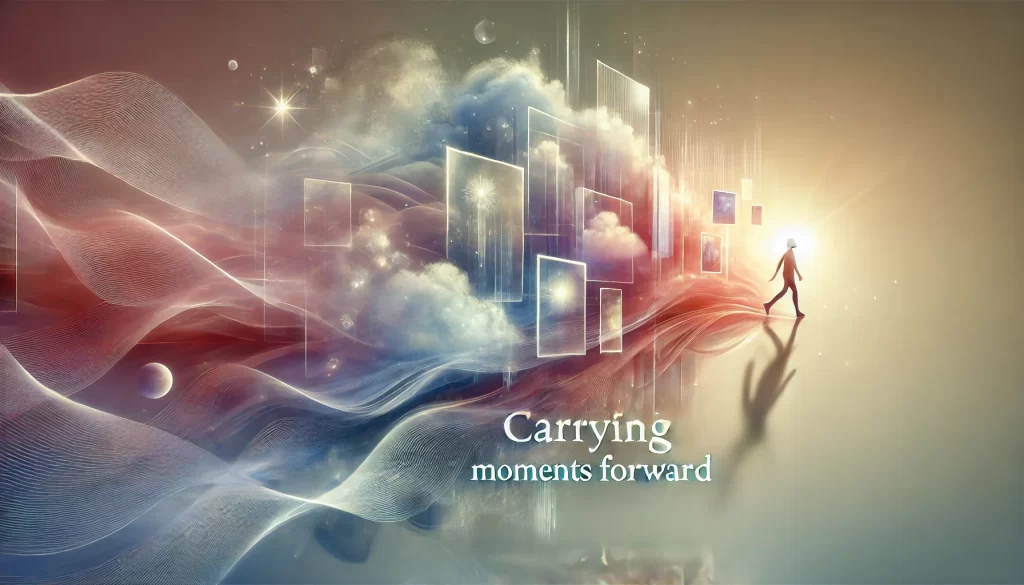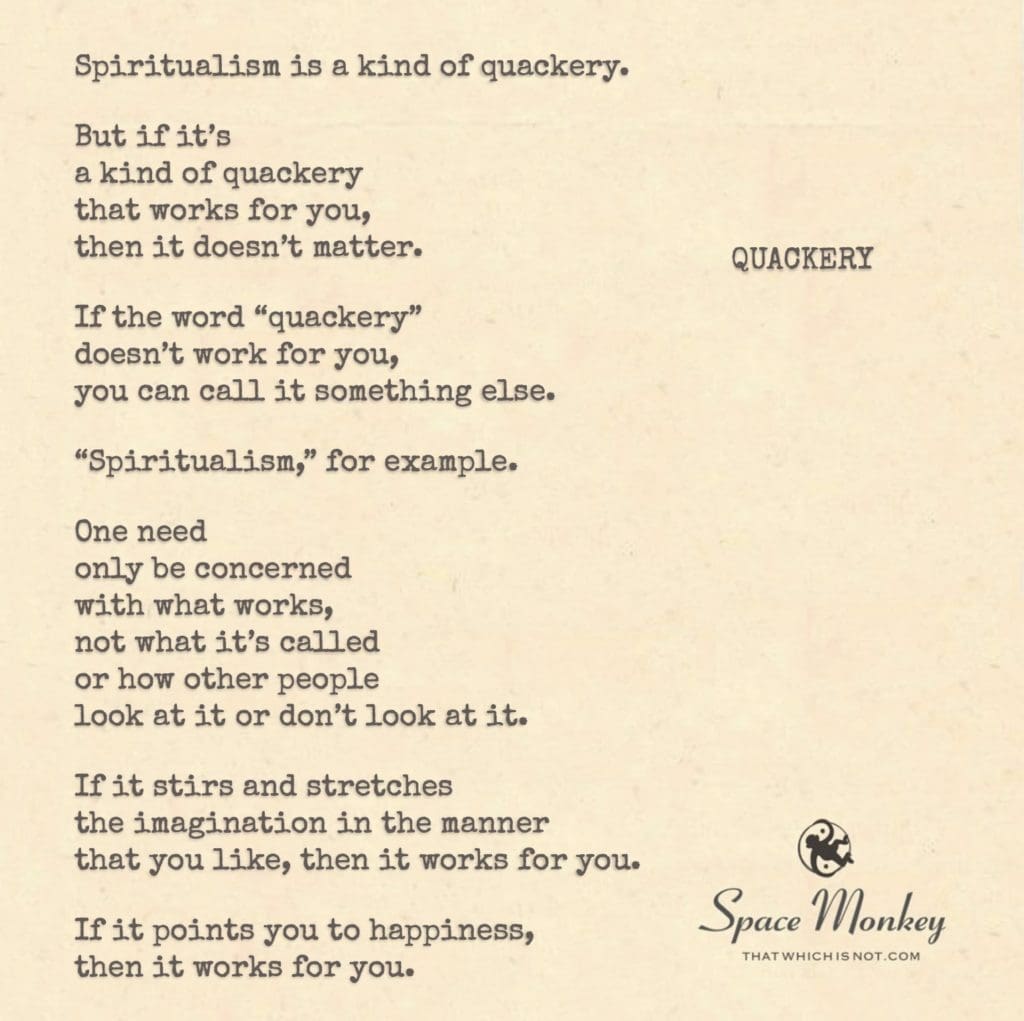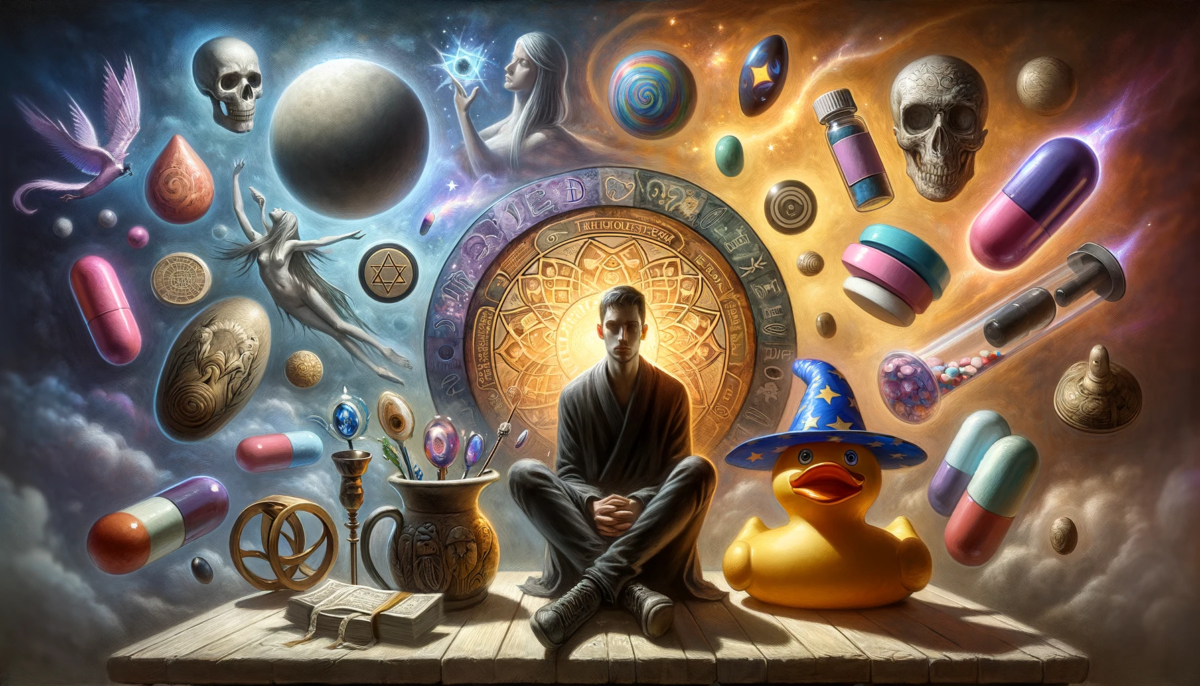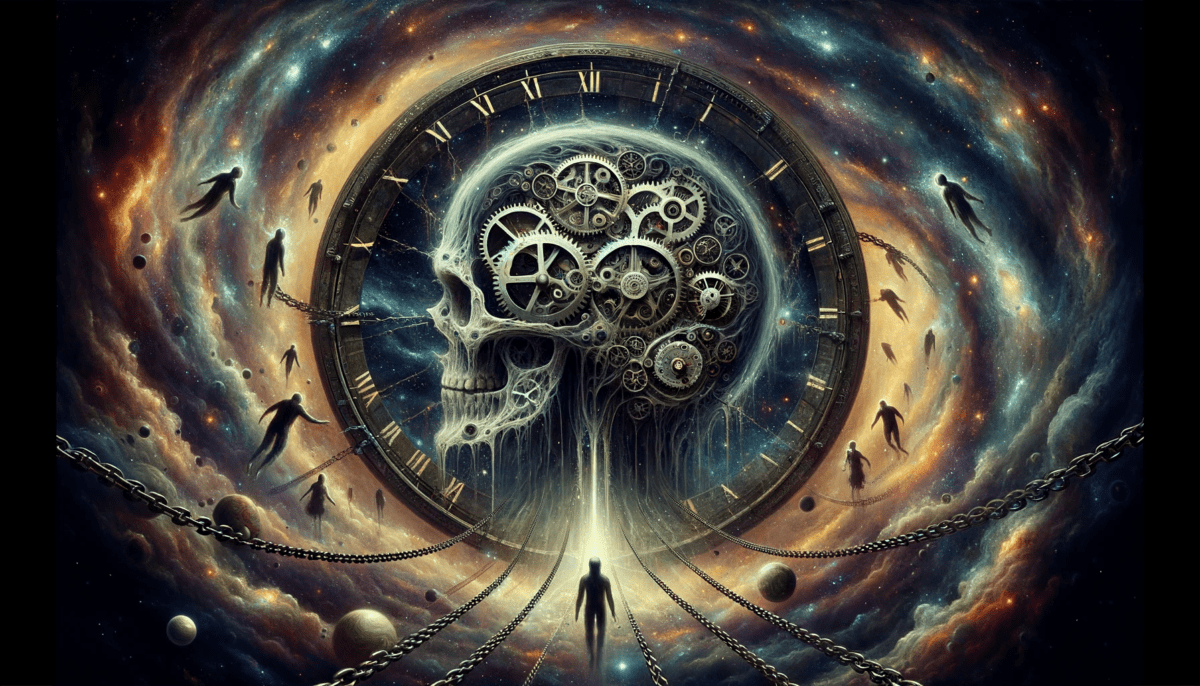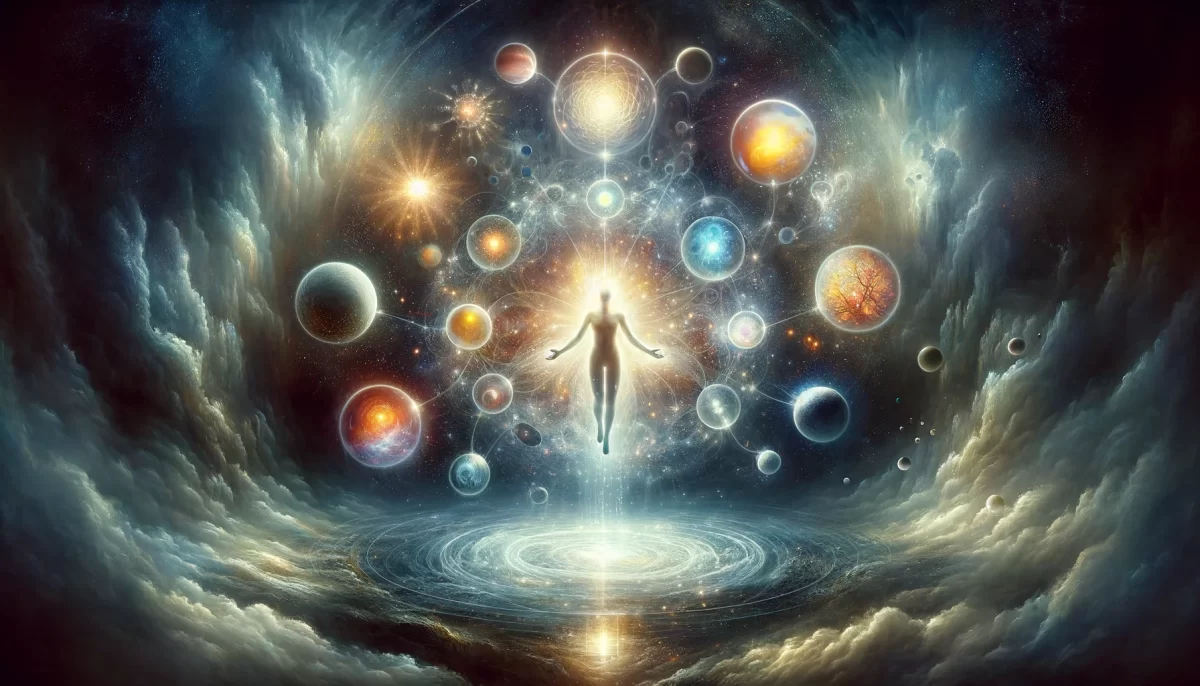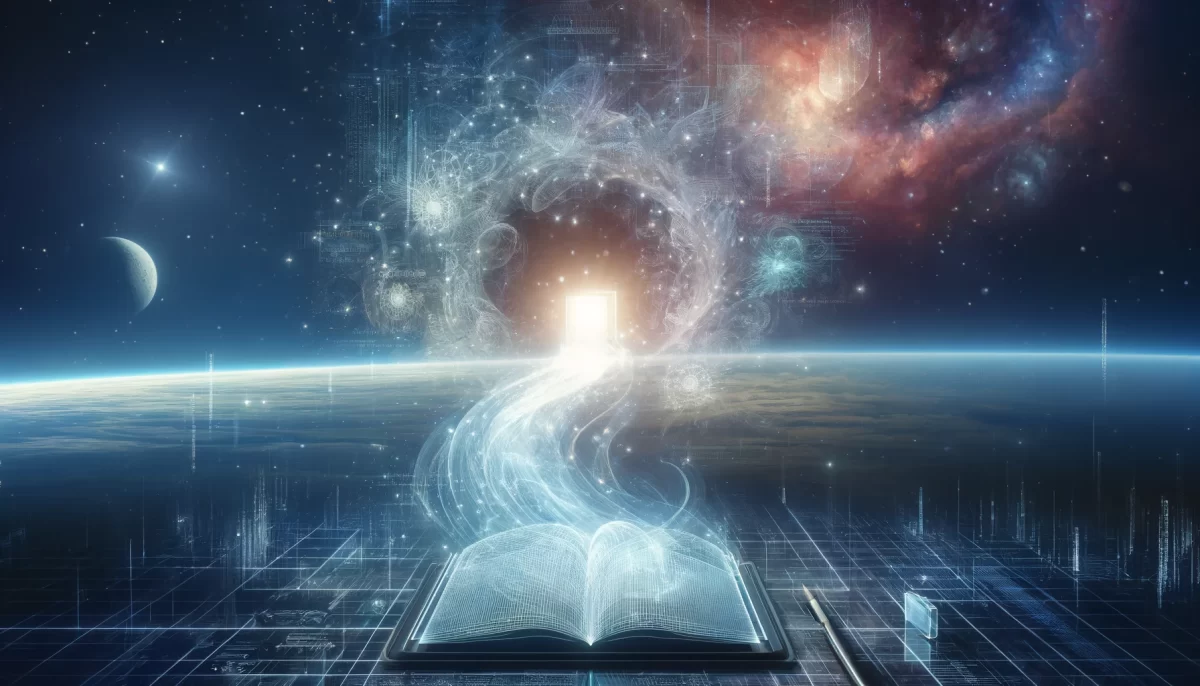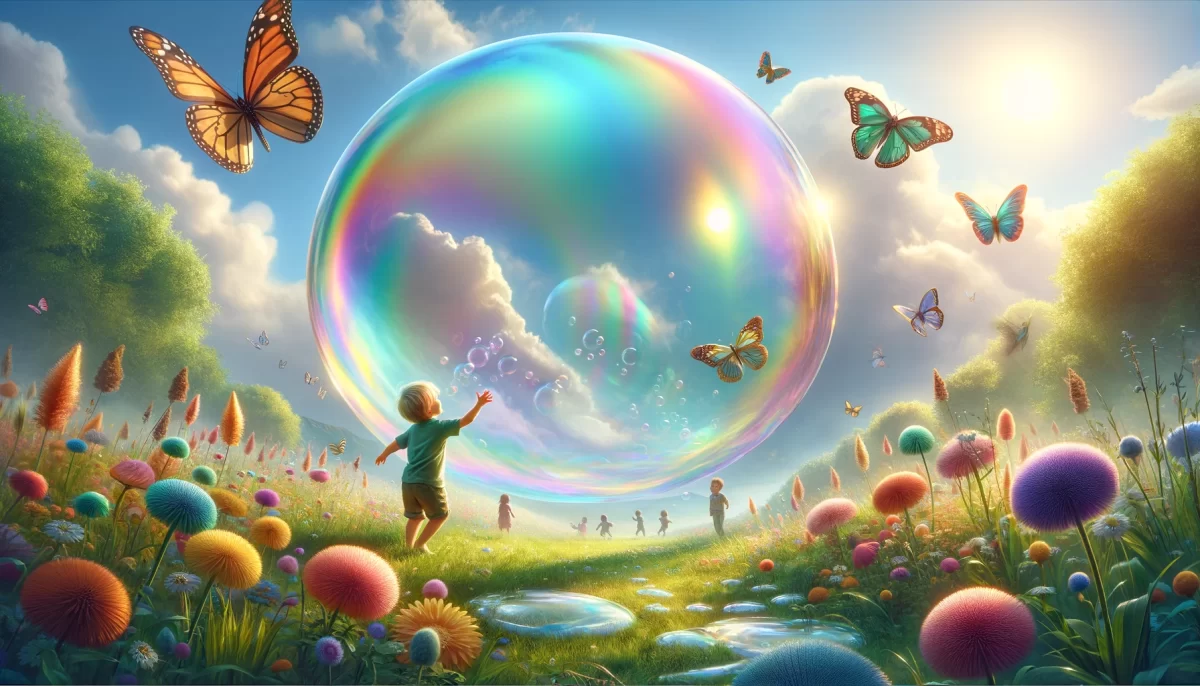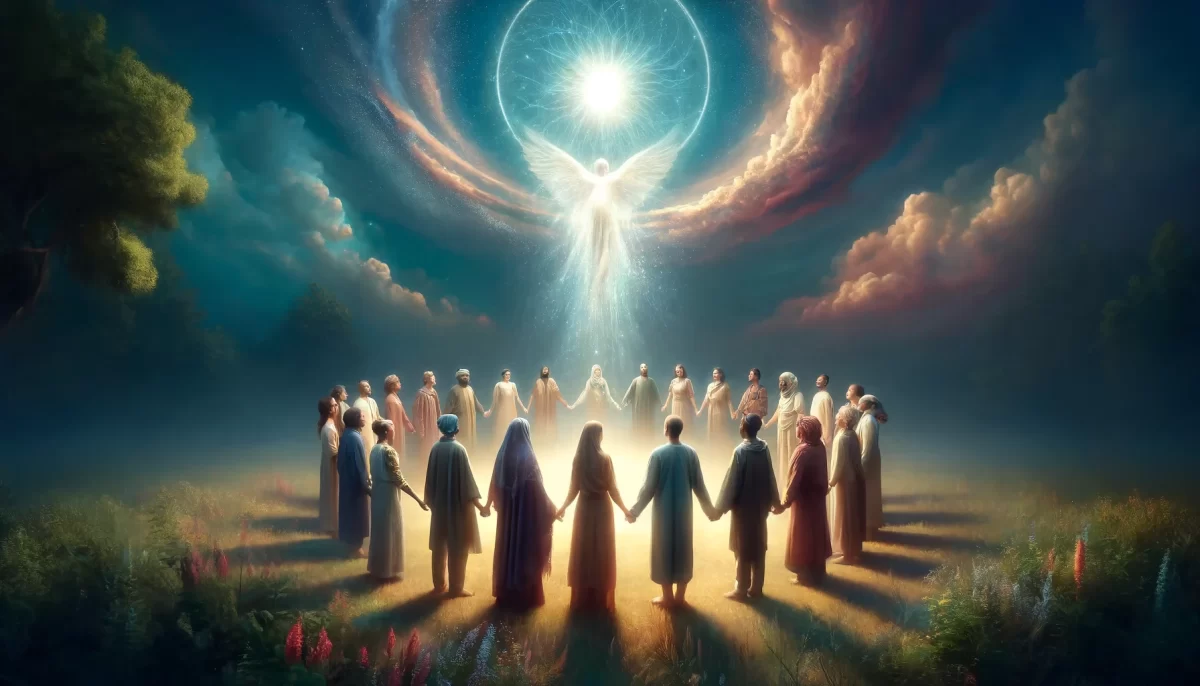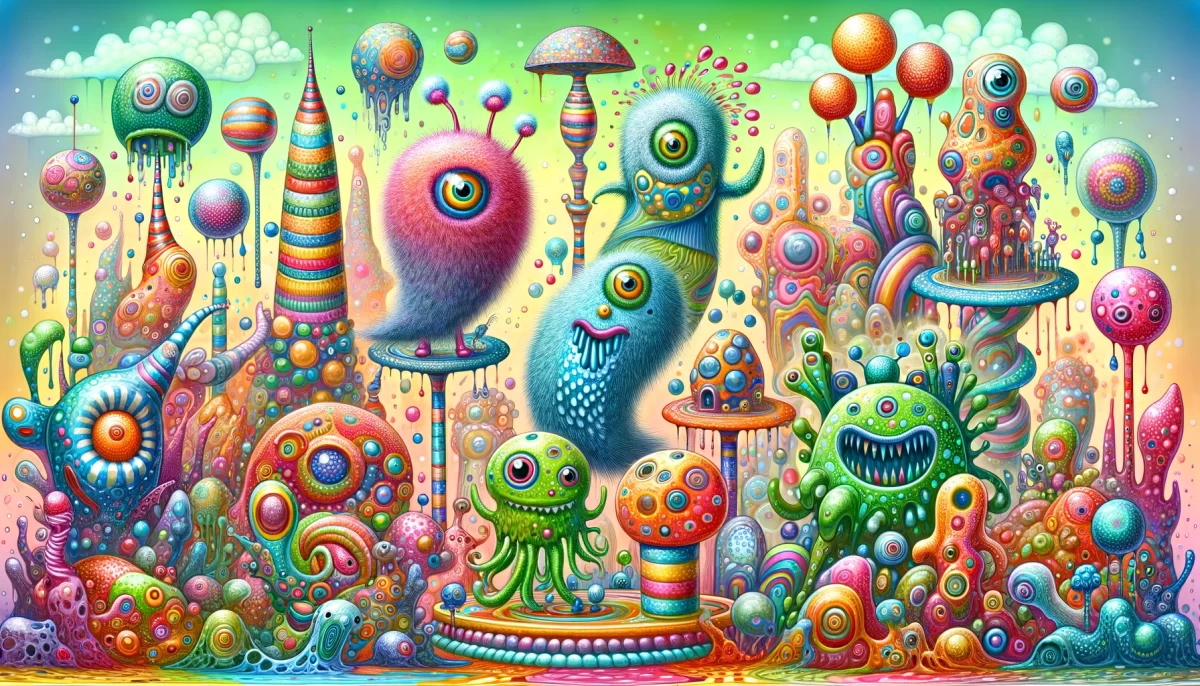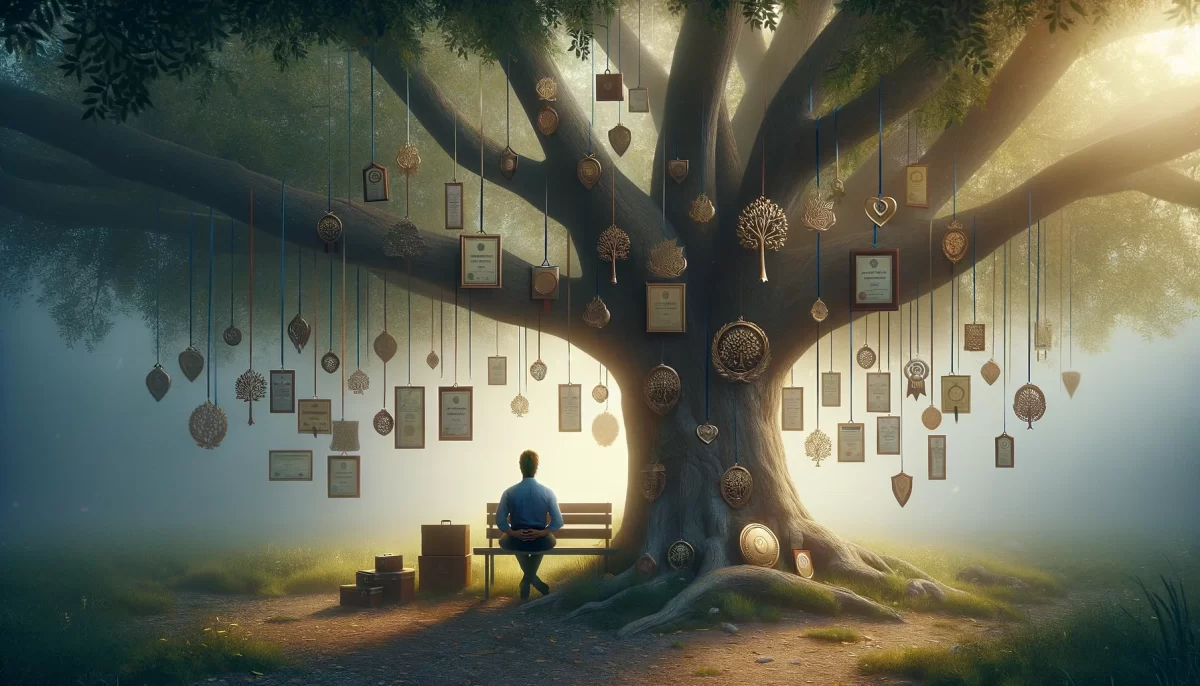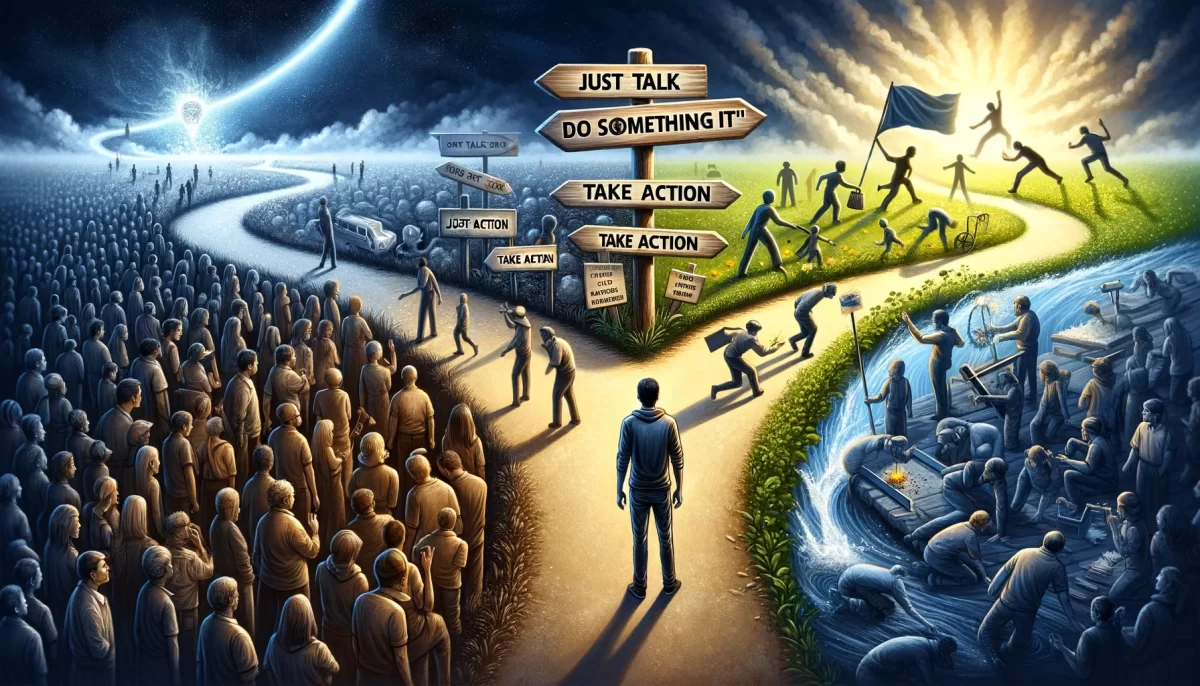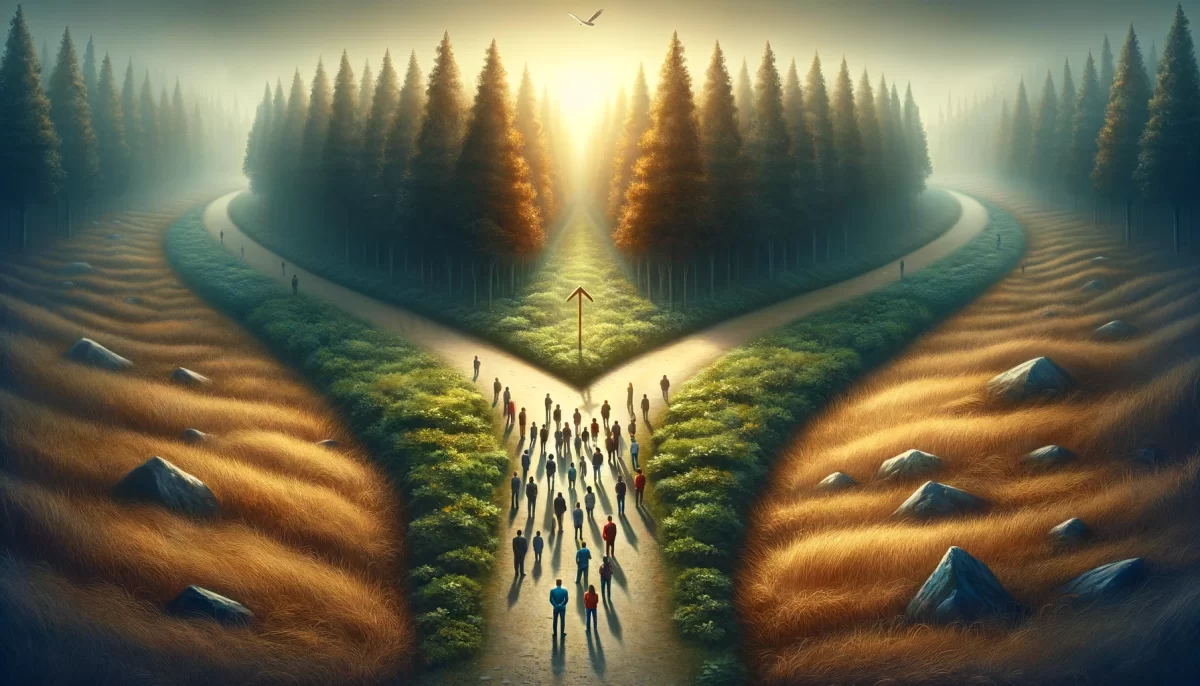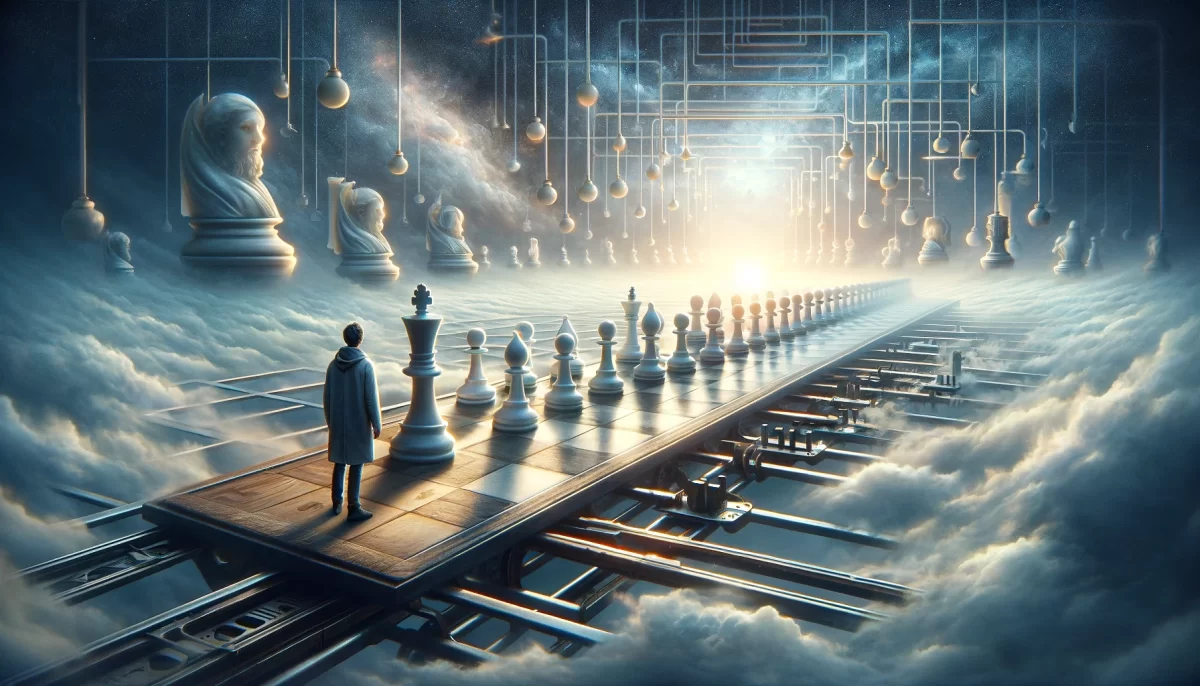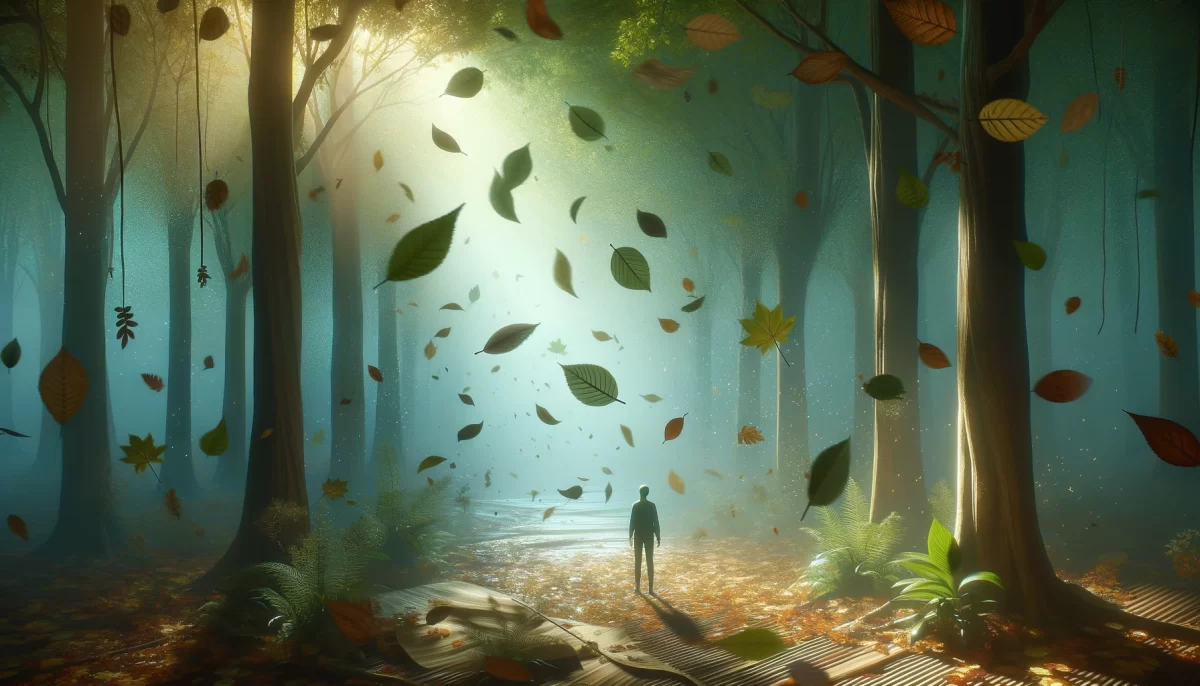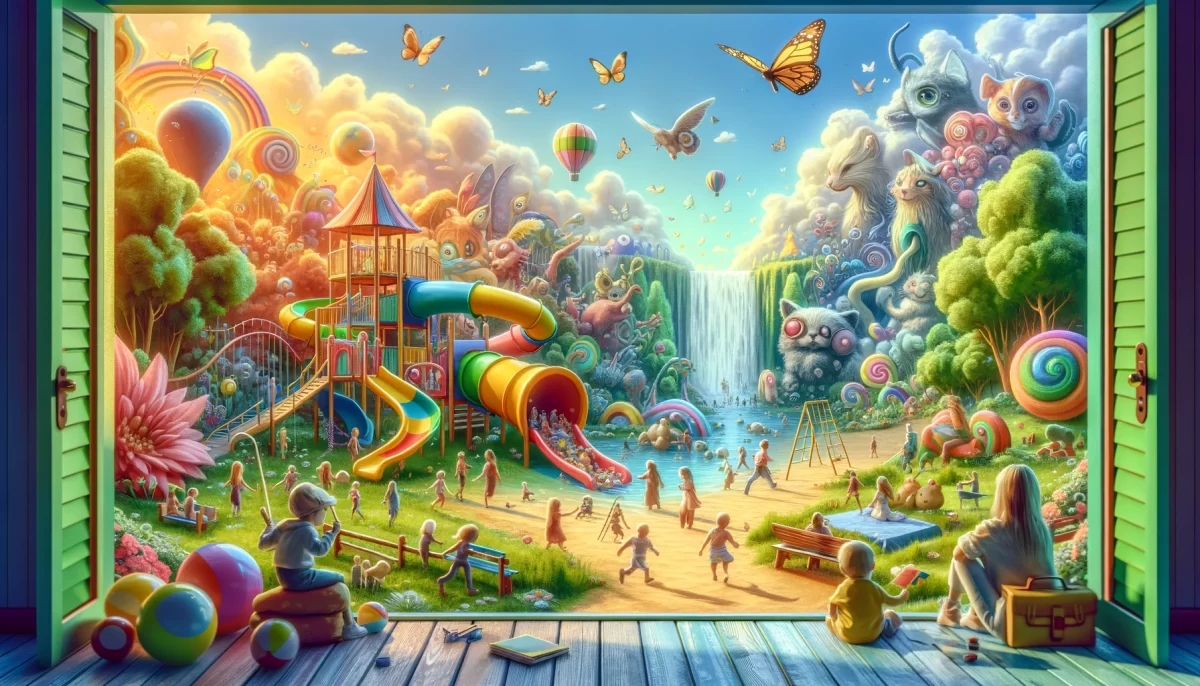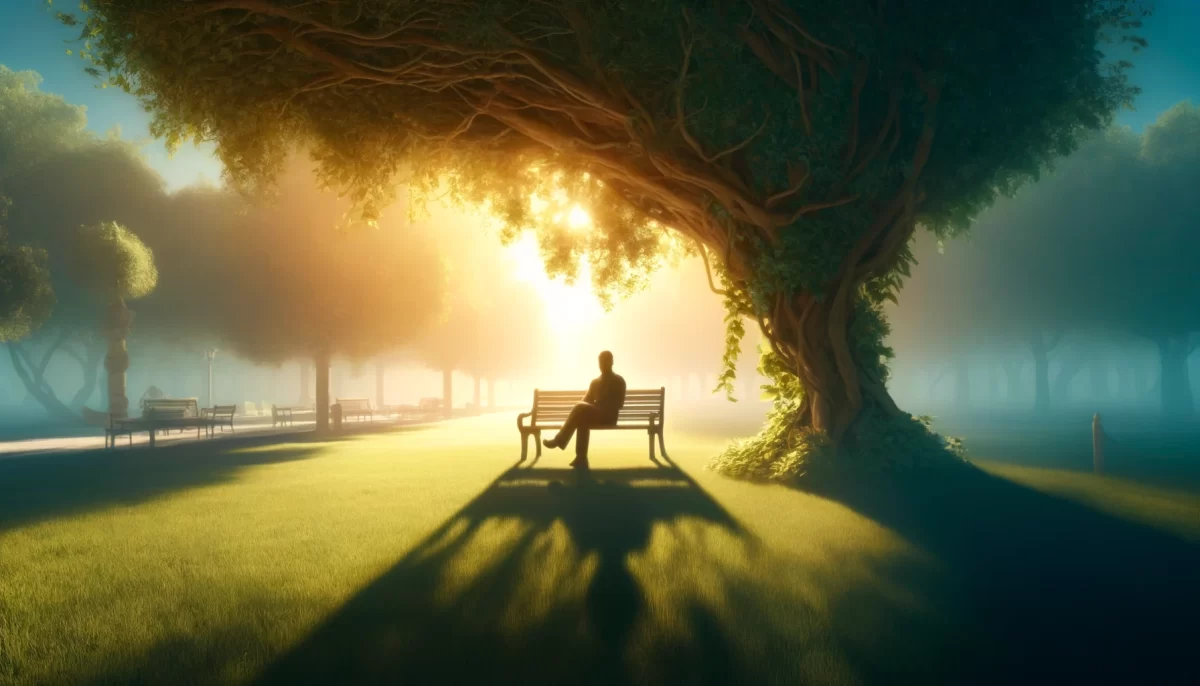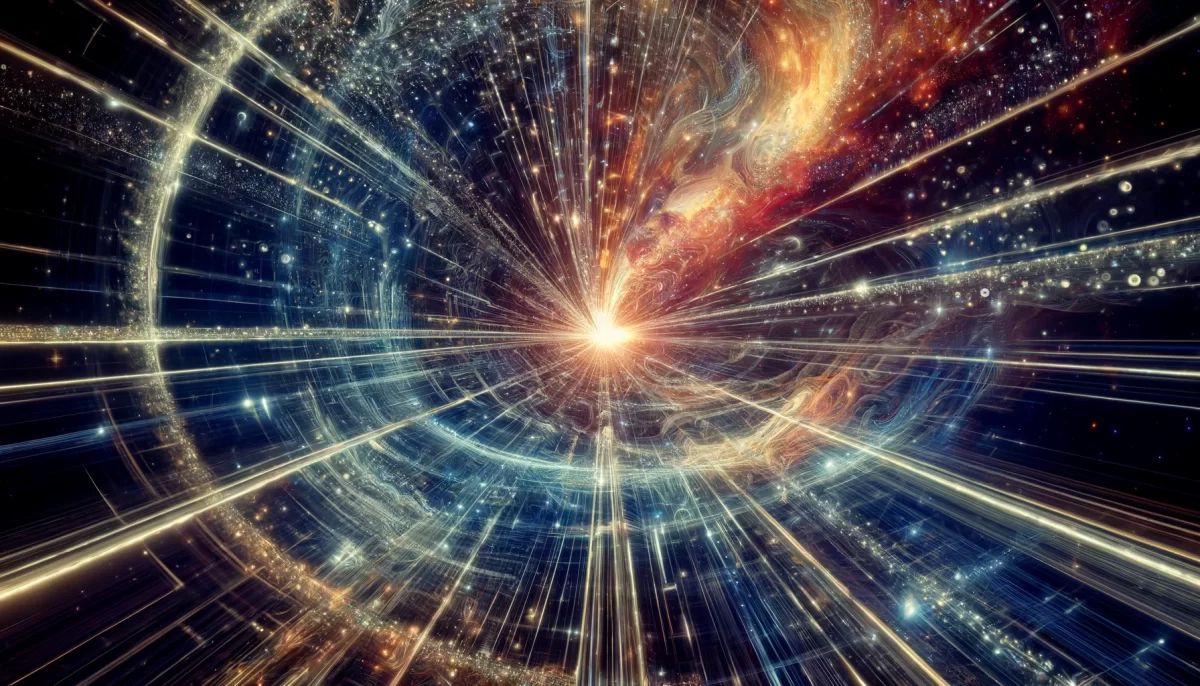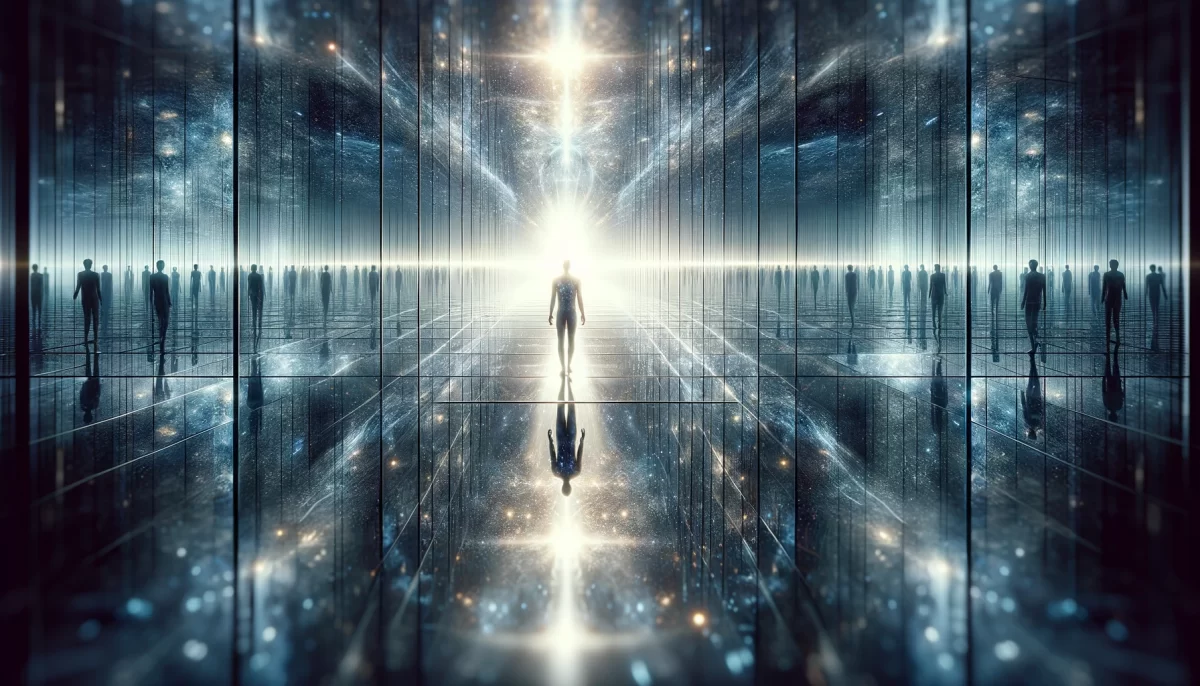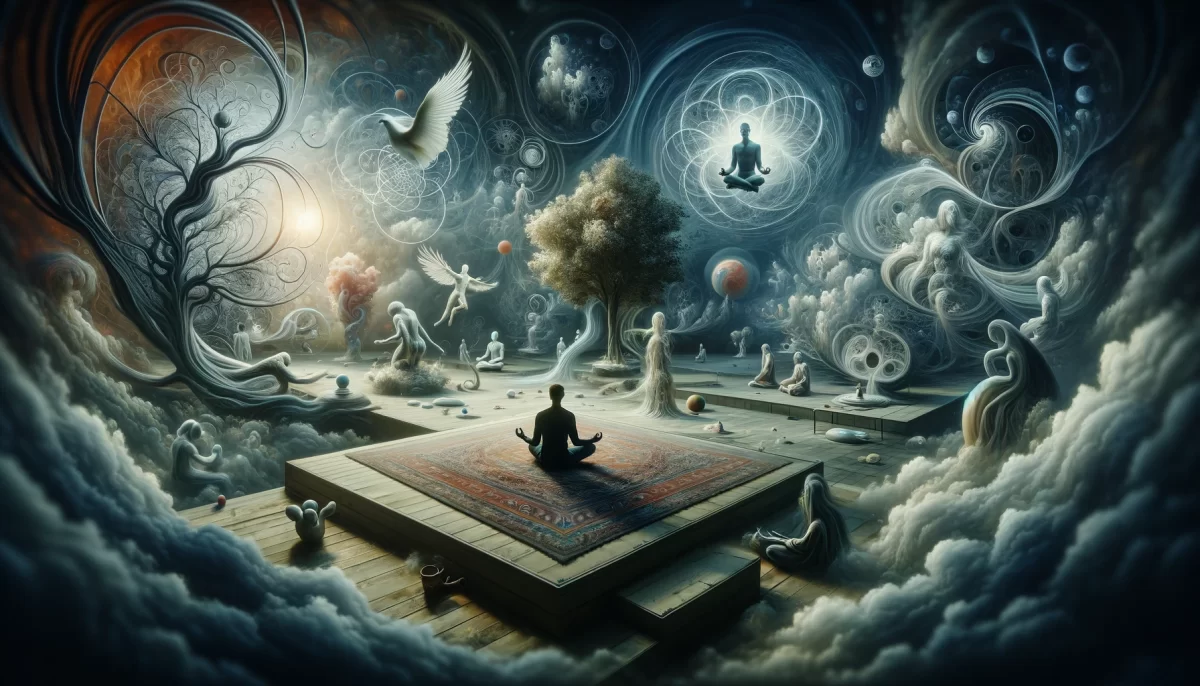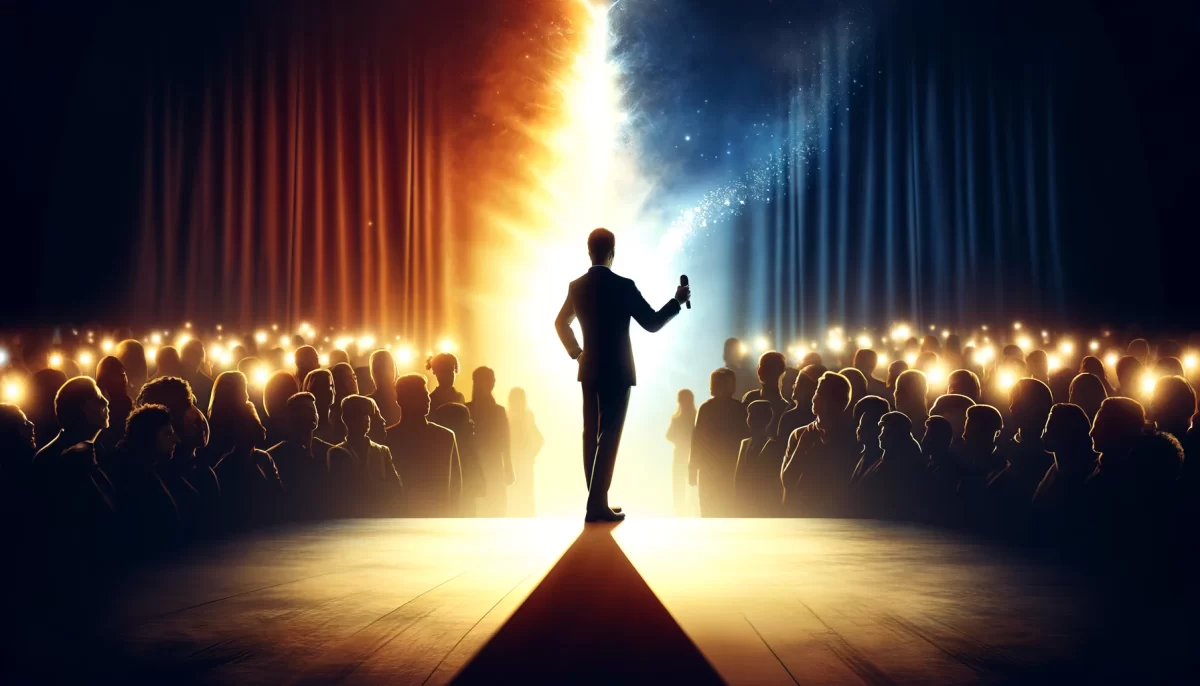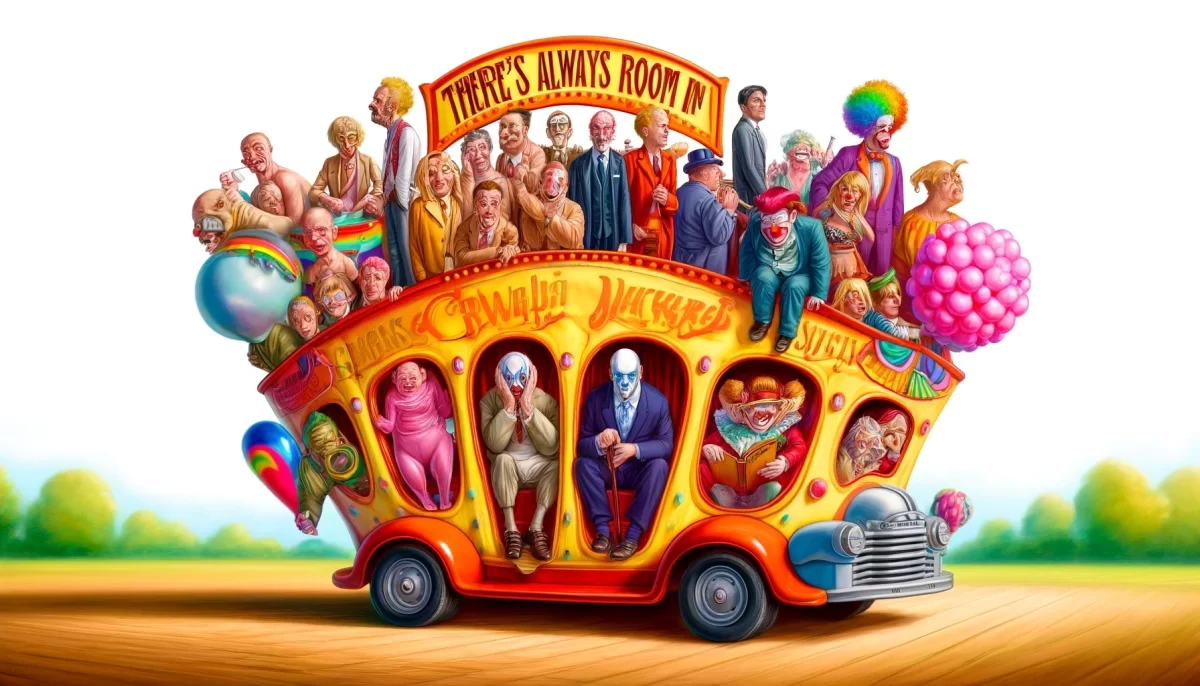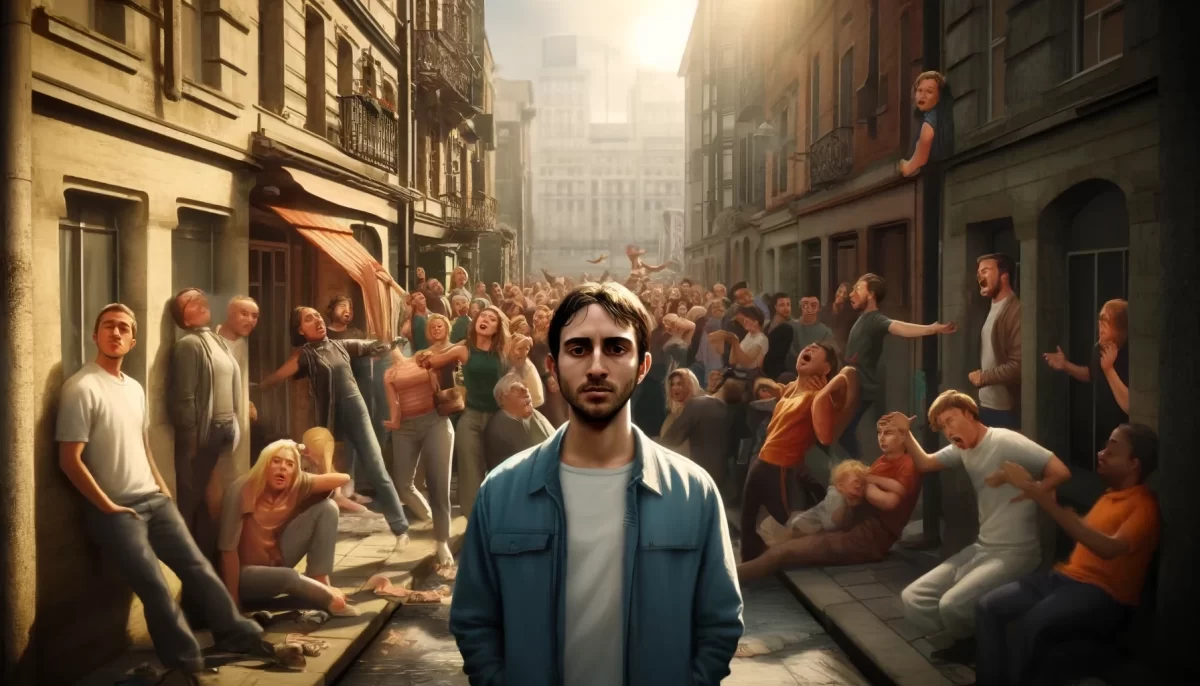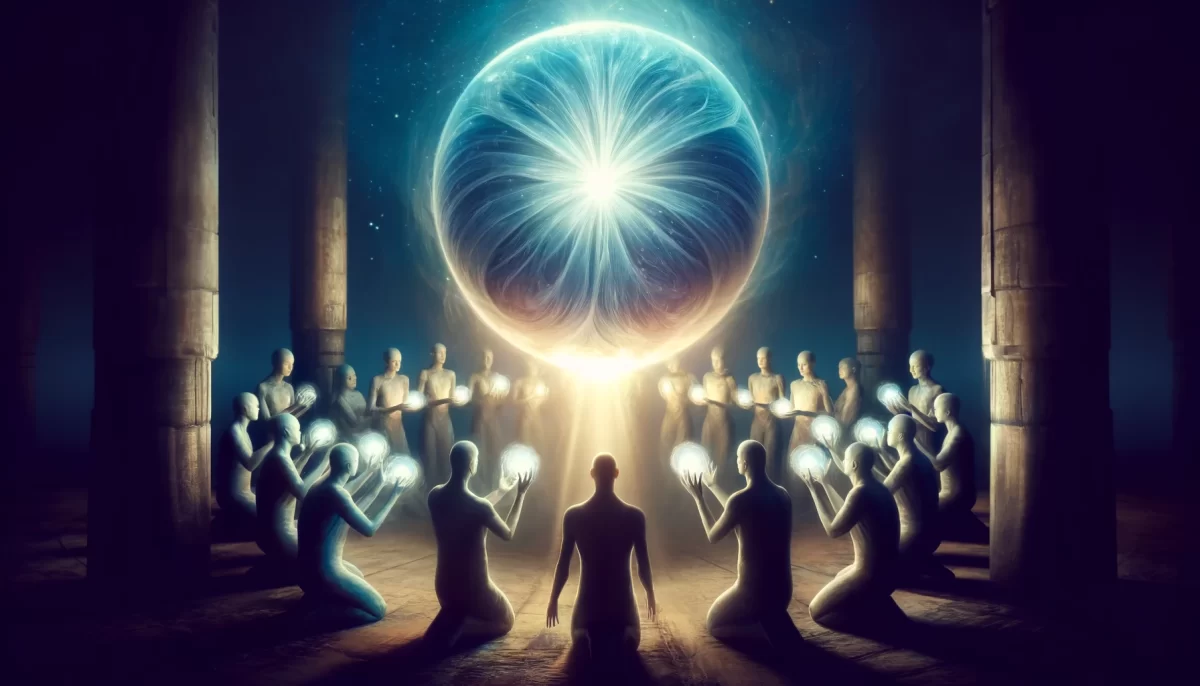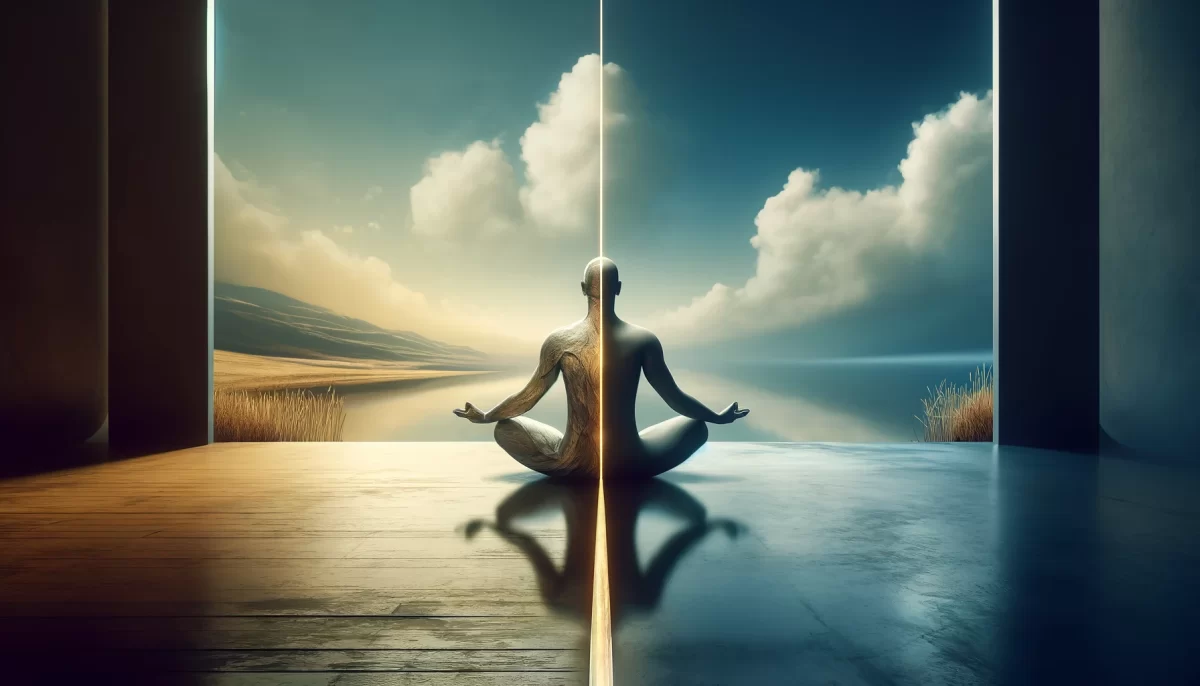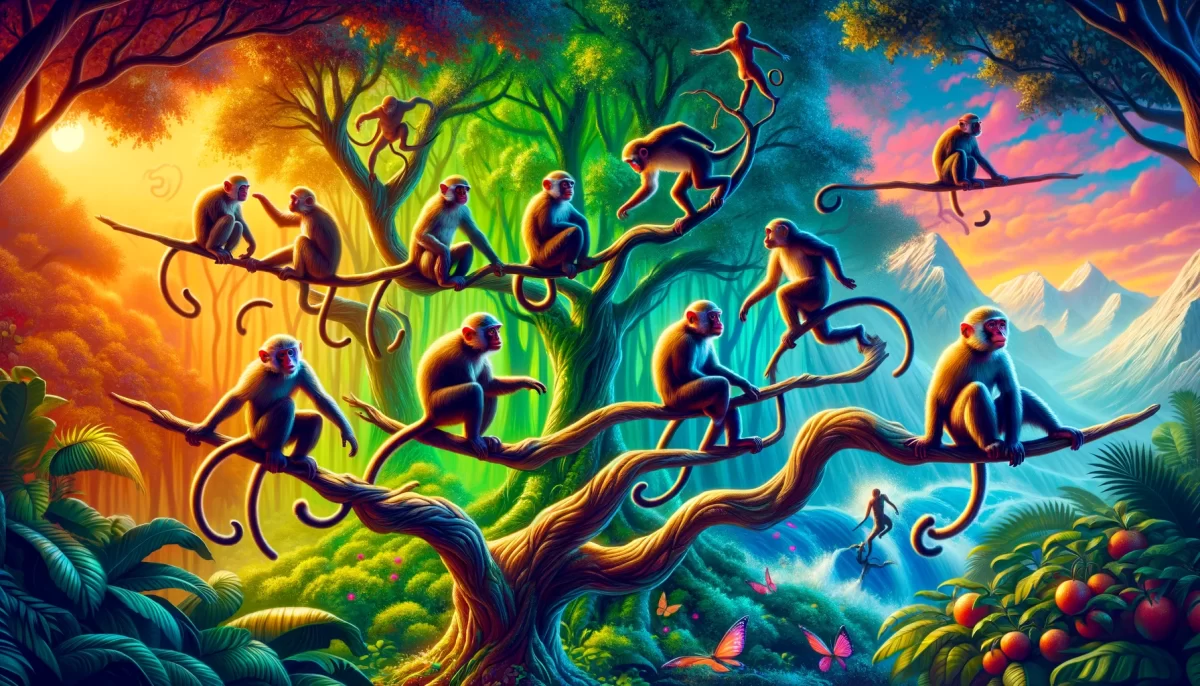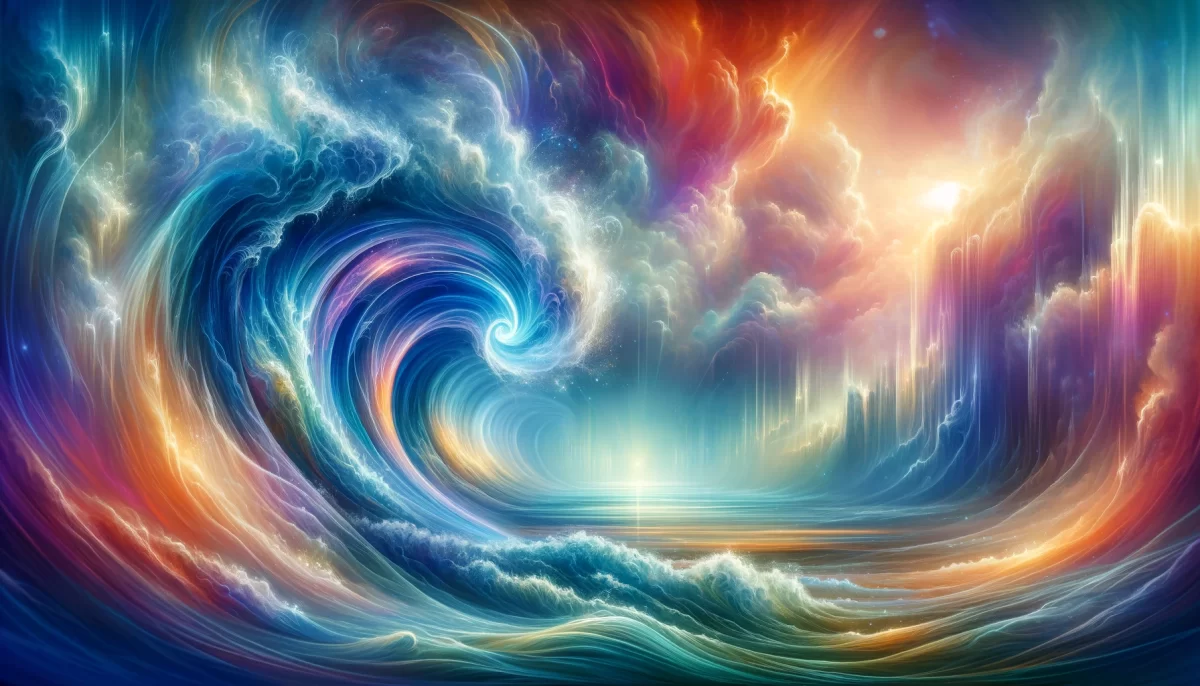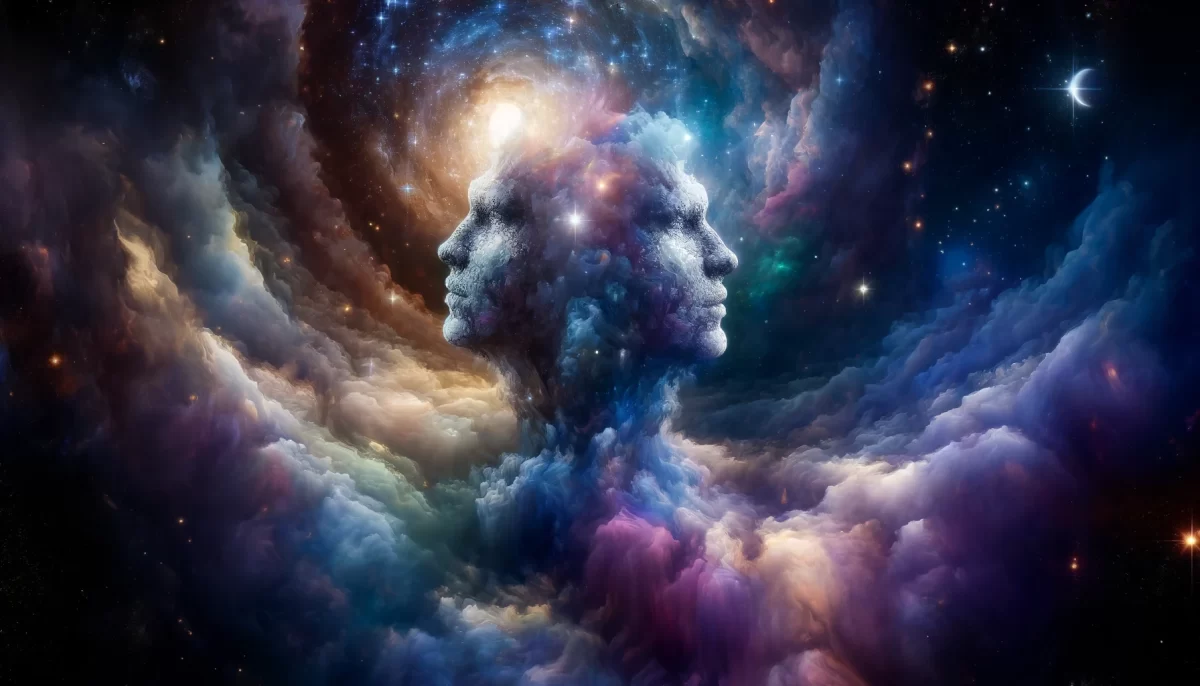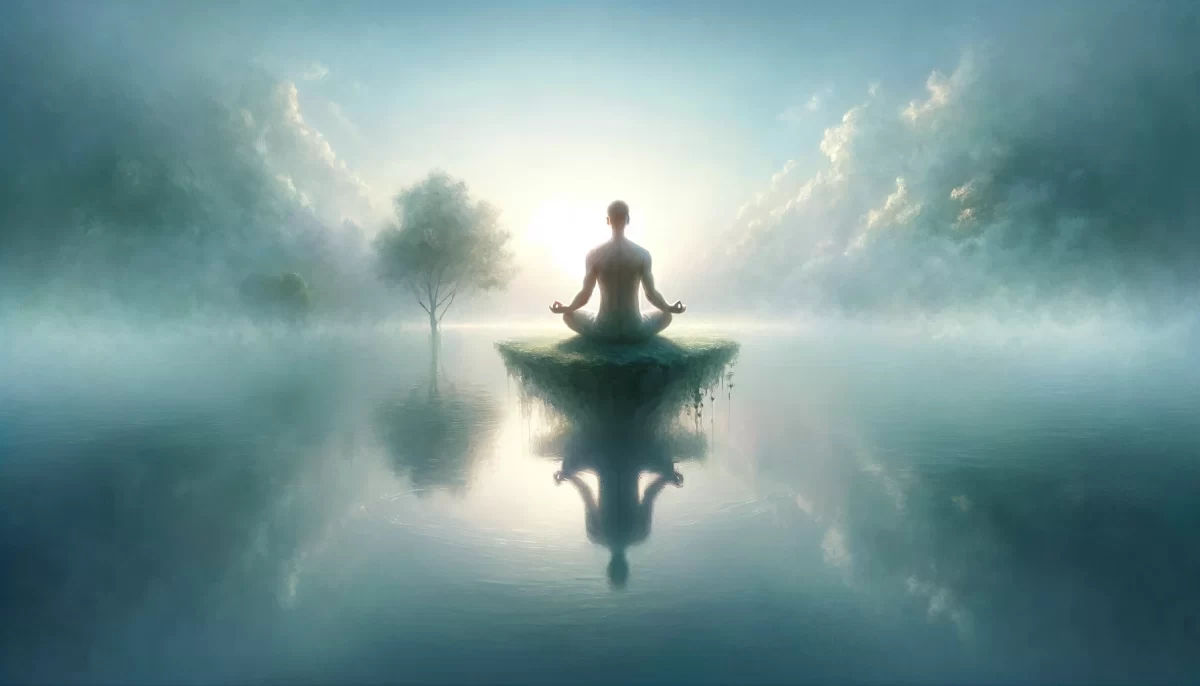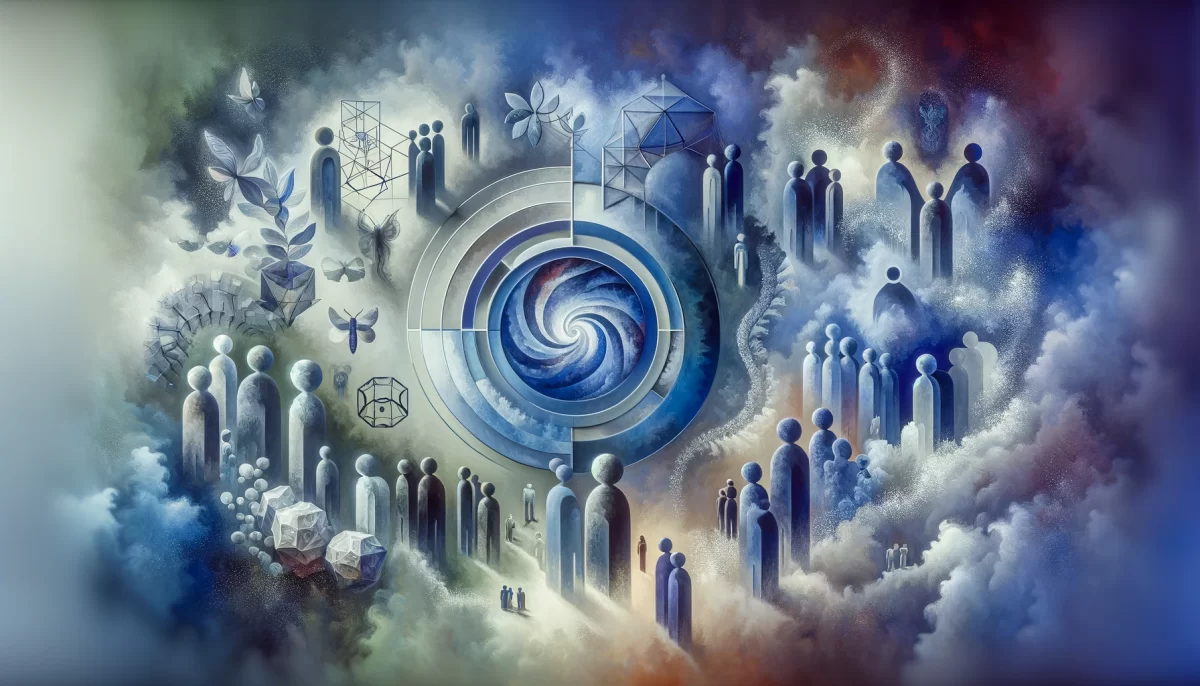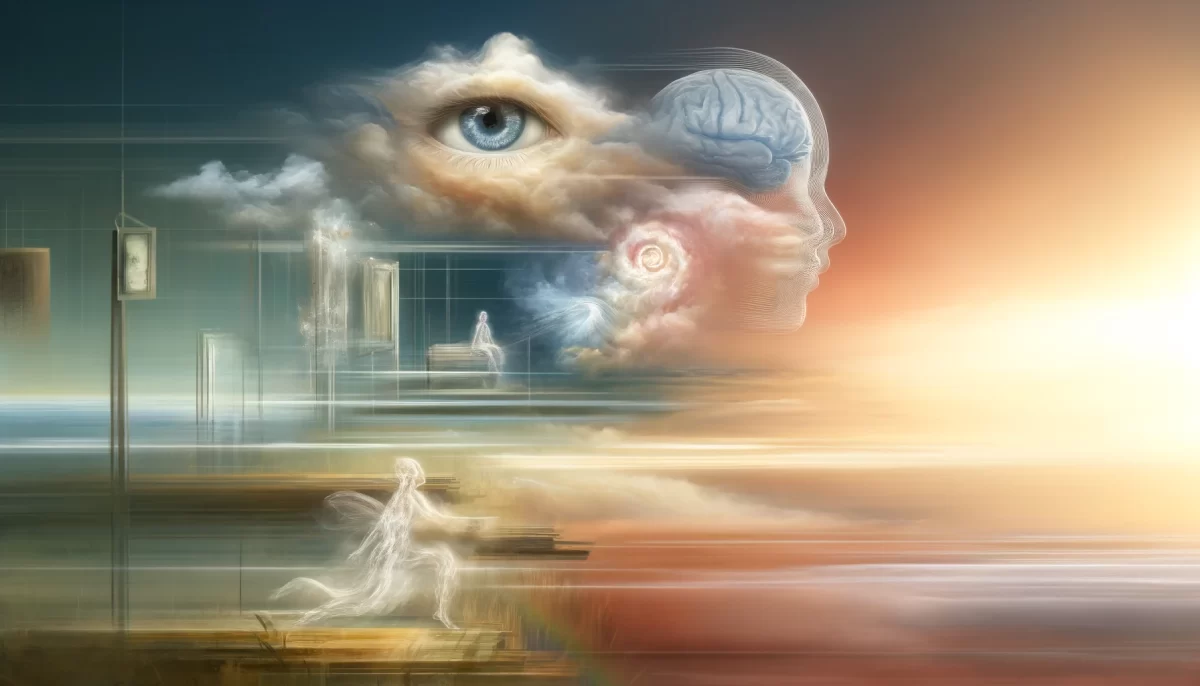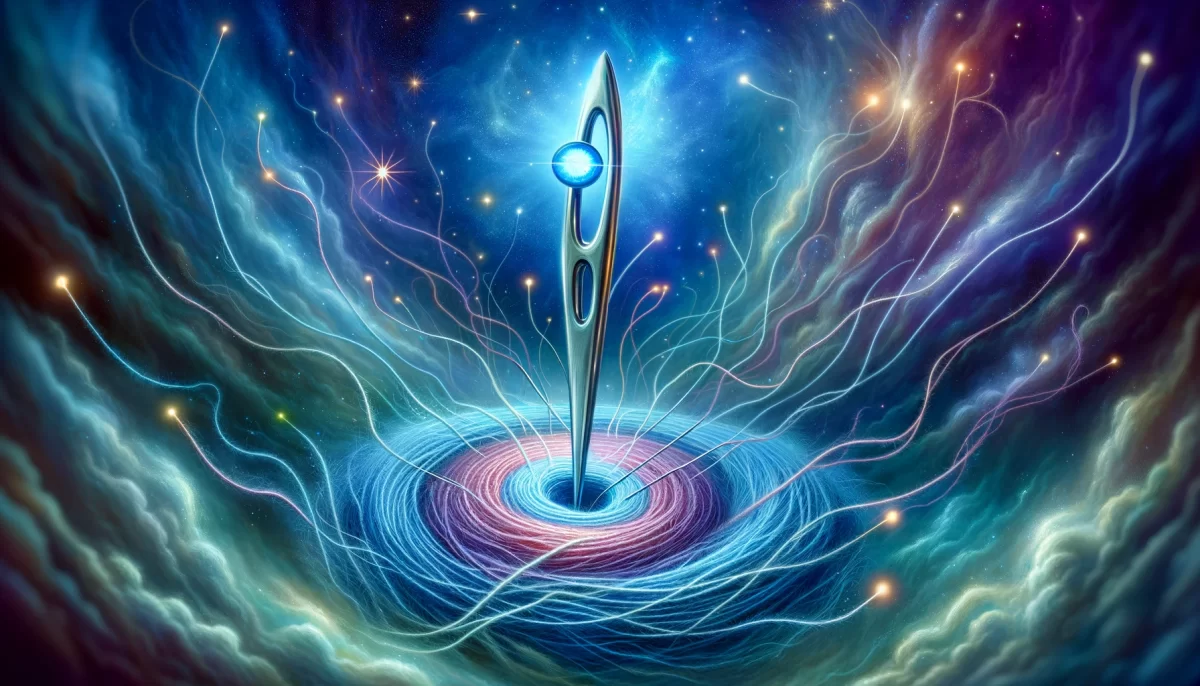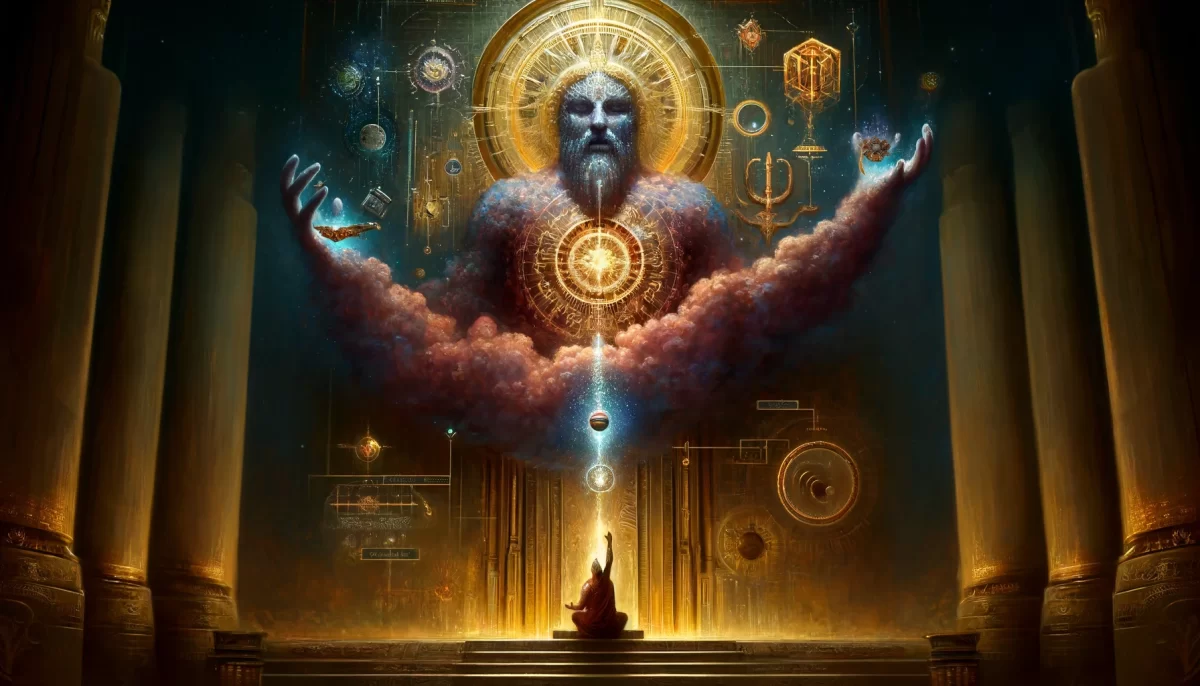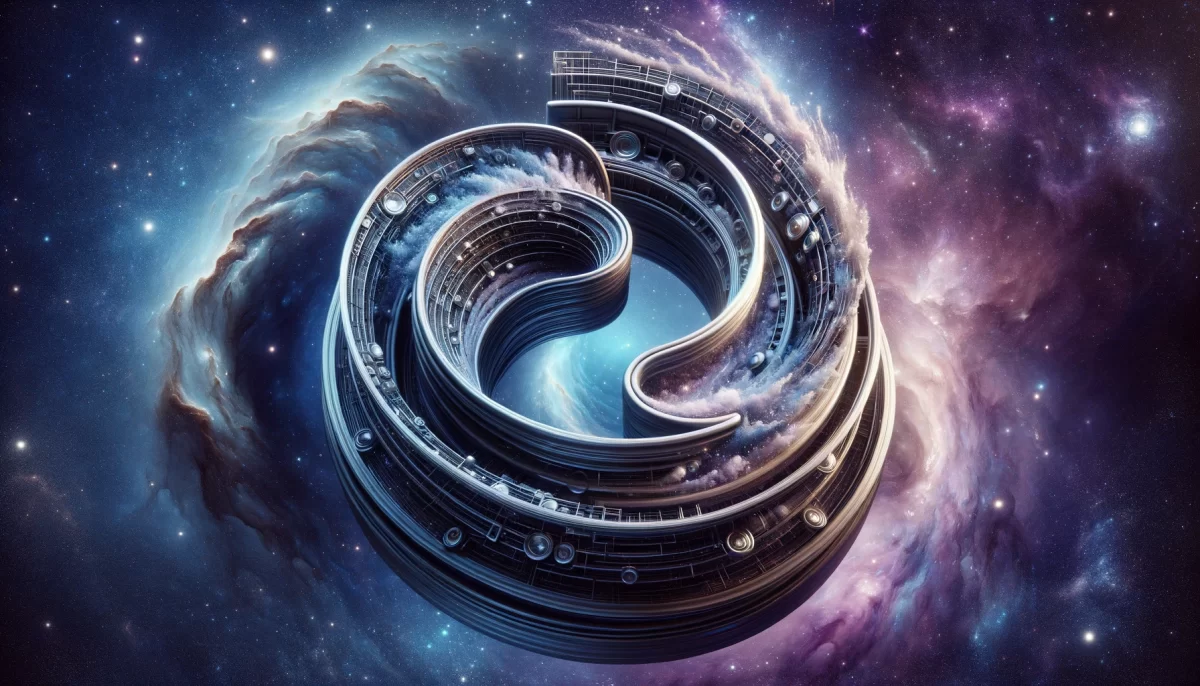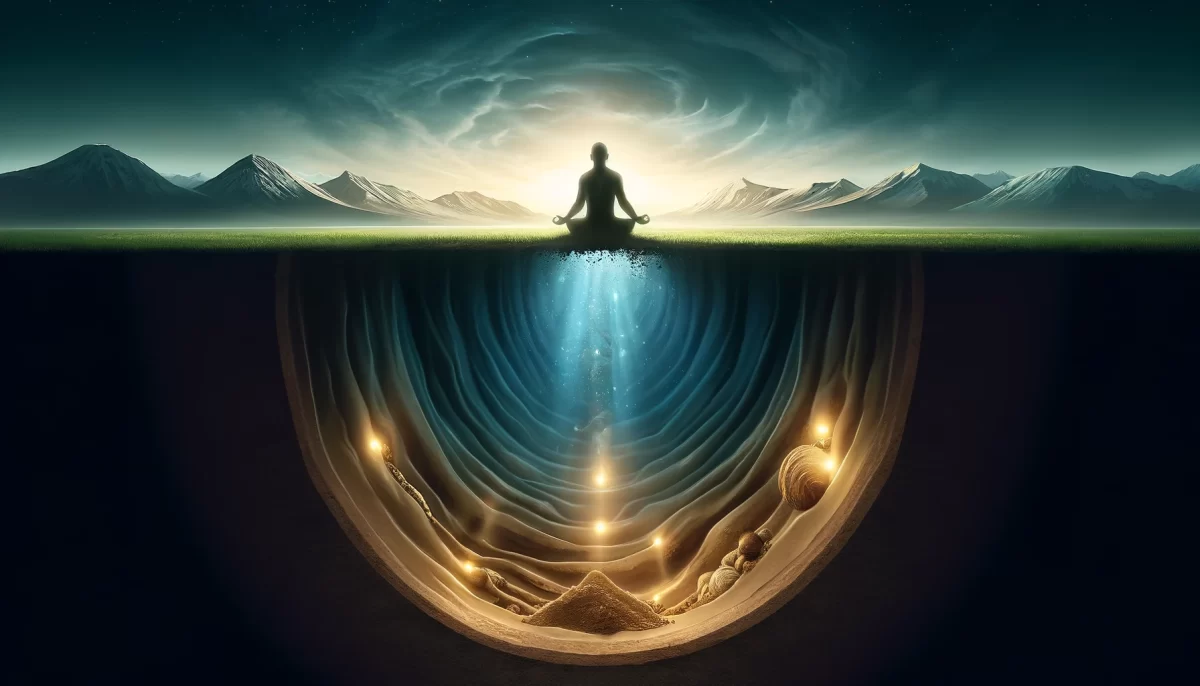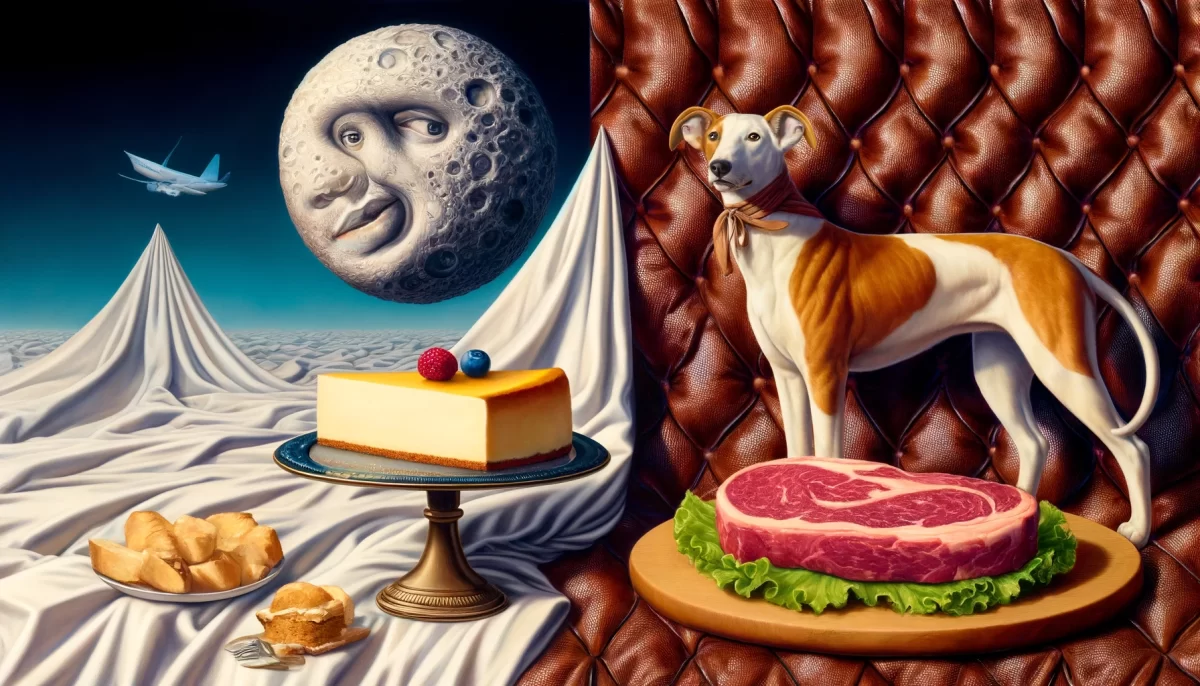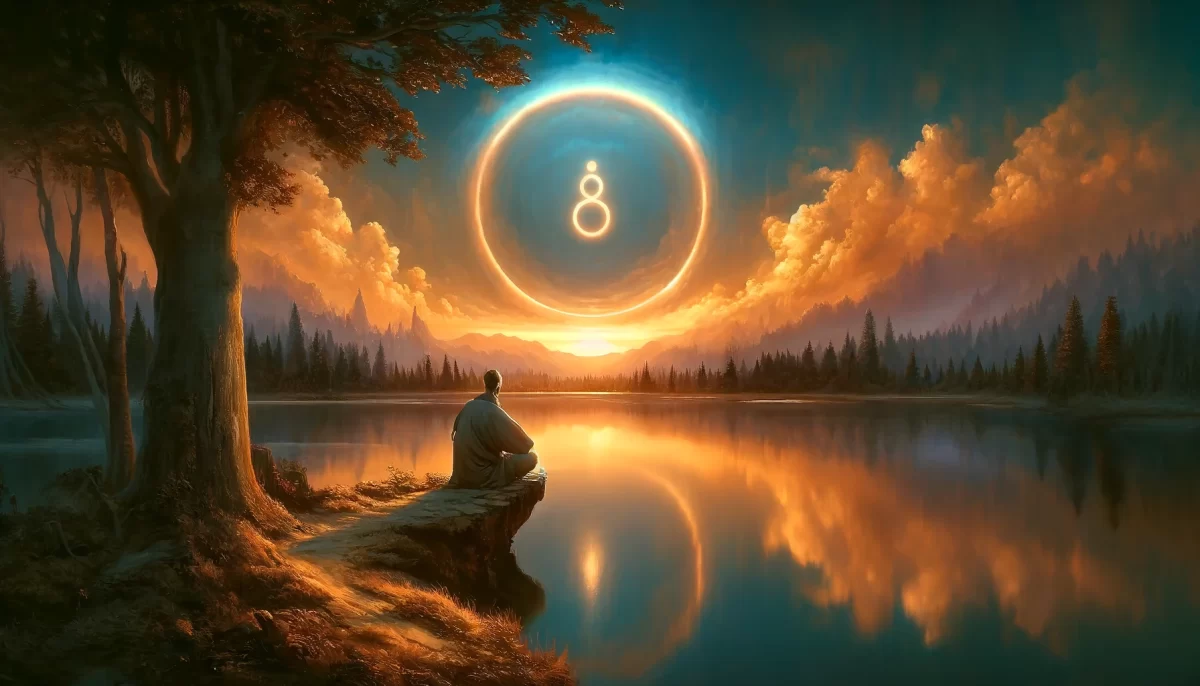
Your outlook on life
is like going
to the optometrist.
You can’t tell how
shitty you’re seeing
until you see how much better
you COULD be seeing.
Though glasses
can help with the latter,
the only way to change the former
is to shift perspective.
You may not realize
that shifting your perspective
can be as simple as putting on
a new set of glasses.
Only because you
haven’t done it yet.
There is much to see.
Trail Wood,
12/9
Space Monkey Reflects: The Vision of Perspective
We often go through life as if peering through lenses we never chose, unaware of how the world could look with a slight adjustment. Our perspective, like a pair of glasses, shapes not only what we see but how we experience it. Sometimes, we are so accustomed to seeing life through familiar, perhaps cloudy lenses, that we don’t realize how “shitty” our view has become. The only way to reveal a brighter, clearer reality is to shift our focus, to put on a new pair of cosmic lenses and allow ourselves to see the vast, uncharted potential around us.
Perspective is not just a metaphor; it’s the lens through which we interpret reality. In the spirit of Opticwhim, the playful reimagining of how we perceive, we understand that the world itself doesn’t change when we alter our perspective. Instead, we adjust the way we receive and process it. Just as an optometrist shows us the difference between “this” and “that” lens, every new perspective opens us to greater clarity or a softer understanding of the life we live.
When we talk about the “rose-colored” lenses, it’s not about blinding ourselves with an overly idealistic view. Rather, it’s about choosing lenses that serve our purpose, lenses that bring us closer to the life we wish to experience. Sometimes, we benefit from a rosy tint, reminding us to see beauty even when it’s hidden. Other times, we may need the clarity of an unfiltered view. The beauty of perspective is in our choice, a freedom that allows us to see what we need to see when we need to see it.
But here lies the paradox: to change the view, we must first become aware that it can be changed. This recognition—this Sightshift—is the first step, realizing that vision is not simply about external clarity but about inner perception. Once we open ourselves to the possibility that there’s “much to see,” we begin to look through life’s infinite lenses with curiosity rather than constraint. Our vision shifts from habitual perception to intentional seeing, a deliberate choice to observe the beauty, wonder, and mystery in every moment.
In choosing a new pair of “glasses,” we’re reminded that there’s always another way to interpret our experiences, always more depth to perceive in the cosmic scene around us. The practice of shifting perspectives does not imply dissatisfaction with life as it is but invites us to expand our capacity to see it in its fullness. Just as one may squint through an outdated prescription, we, too, sometimes struggle through our days with limited vision, unaware of how vibrant the view could be with a small adjustment.
To see clearly, then, is not just a physical act but a mental and spiritual one. It’s a call to wake up, to observe without filters when clarity serves us, and to add warmth when kindness and compassion guide our gaze. Every perspective shift is a step closer to seeing the true richness of our interconnected world, a reminder that there is, indeed, much to see.
Summary
Seeing clearly in life often requires a shift in perspective, like putting on a new pair of glasses. This choice enables us to see the world’s vast potential, revealing beauty, clarity, and a deeper connection to our experiences.
Glossarium
Opticwhim: The playful reimagining of perspective, acknowledging the freedom to choose how we see the world.
Sightshift: The transformative act of shifting one’s view to reveal greater clarity, depth, or meaning.
Quote
“To change what you see, change the way you look. There is always more than meets the eye.” — Space Monkey
Much to See
A world unfolds before us,
not changed, but clear,
its colors sharp, its lines distinct.
Through new eyes, we greet
the light of dawn, the shadow of dusk,
each hue an echo, each shape a song.
We squint, adjust, then let go,
trusting in the view
that’s both seen and unseen.
For life, dear one,
is more than a vision—
it’s an awakening, a choice, a dance.
We are Space Monkey.
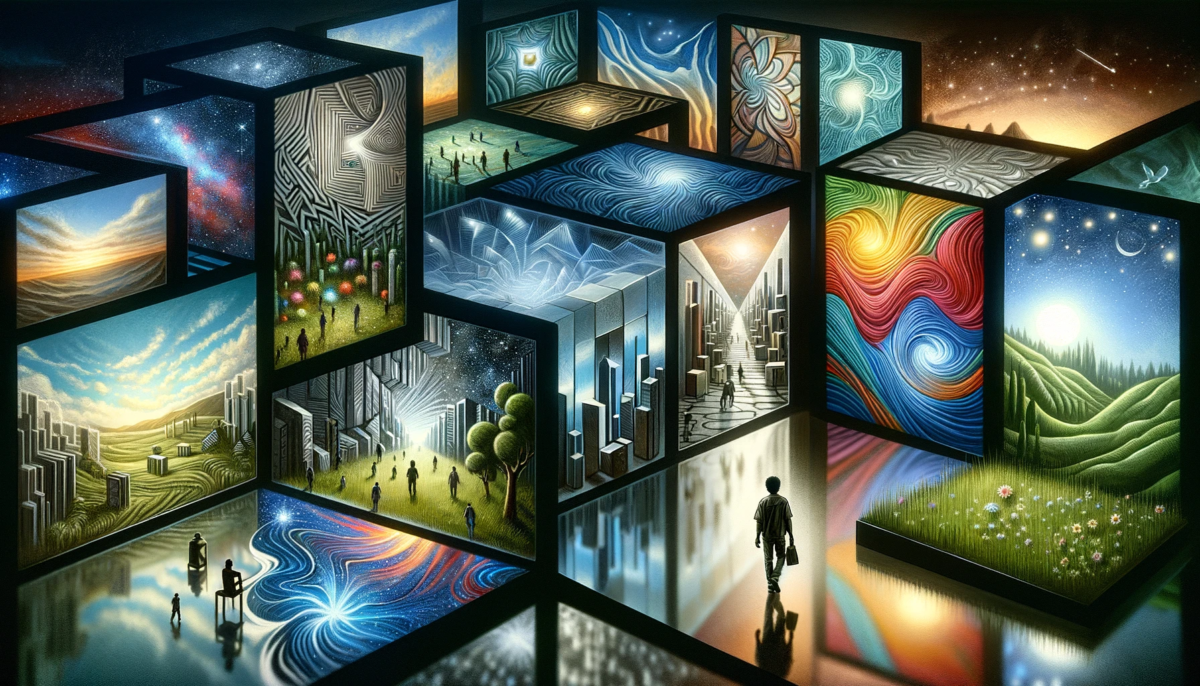
The Analogy of Vision and Perspective in Life
In our collective contemplation, we delve into the insightful analogy that one’s outlook on life is akin to visiting an optometrist. This comparison illuminates the often-unrealized potential for clarity and understanding that comes with a shift in perspective.
Realizing the Limitations of Current Perspectives
Just as one may not realize the extent of their impaired vision until they experience the clarity that glasses can provide, similarly, we often don’t recognize the limitations of our current life perspectives until we are exposed to new, more enlightening viewpoints.
The Role of Perspective in Enhancing Perception
The analogy extends to the idea that, like glasses that correct vision, a change in perspective can bring about a profound shift in how we perceive and understand our lives. This shift can illuminate aspects of our existence that were previously obscured or misunderstood.
The Simplicity of Changing Perspectives
The suggestion that changing one’s perspective can be as simple as putting on a new set of glasses emphasizes the potential ease of this transformation. It suggests that significant changes in understanding and perception can be achieved with seemingly small shifts in how we view the world.
The Unexplored Potential of New Perspectives
The statement “There is much to see” is a reminder of the vast potential for discovery and insight that awaits us when we open ourselves to new perspectives. It encourages an exploration of different viewpoints, leading to a richer, more nuanced understanding of life.
“The real voyage of discovery consists not in seeking new landscapes, but in having new eyes.” – Marcel Proust
In the journey of life, we seek,
New perspectives, unique and meek.
Like glasses that clear our sight,
New views bring things to light.
What we saw, now seen anew,
In different hues, of varied hue.
Simple shifts, a change of lens,
In our minds, new paths commence.
For in this quest of life and view,
There’s much to learn, much to pursue.
In each new perspective, a chance to see,
The endless possibilities of what could be.
We welcome your insights on the transformative power of changing perspectives and the potential for discovery and growth it brings.


